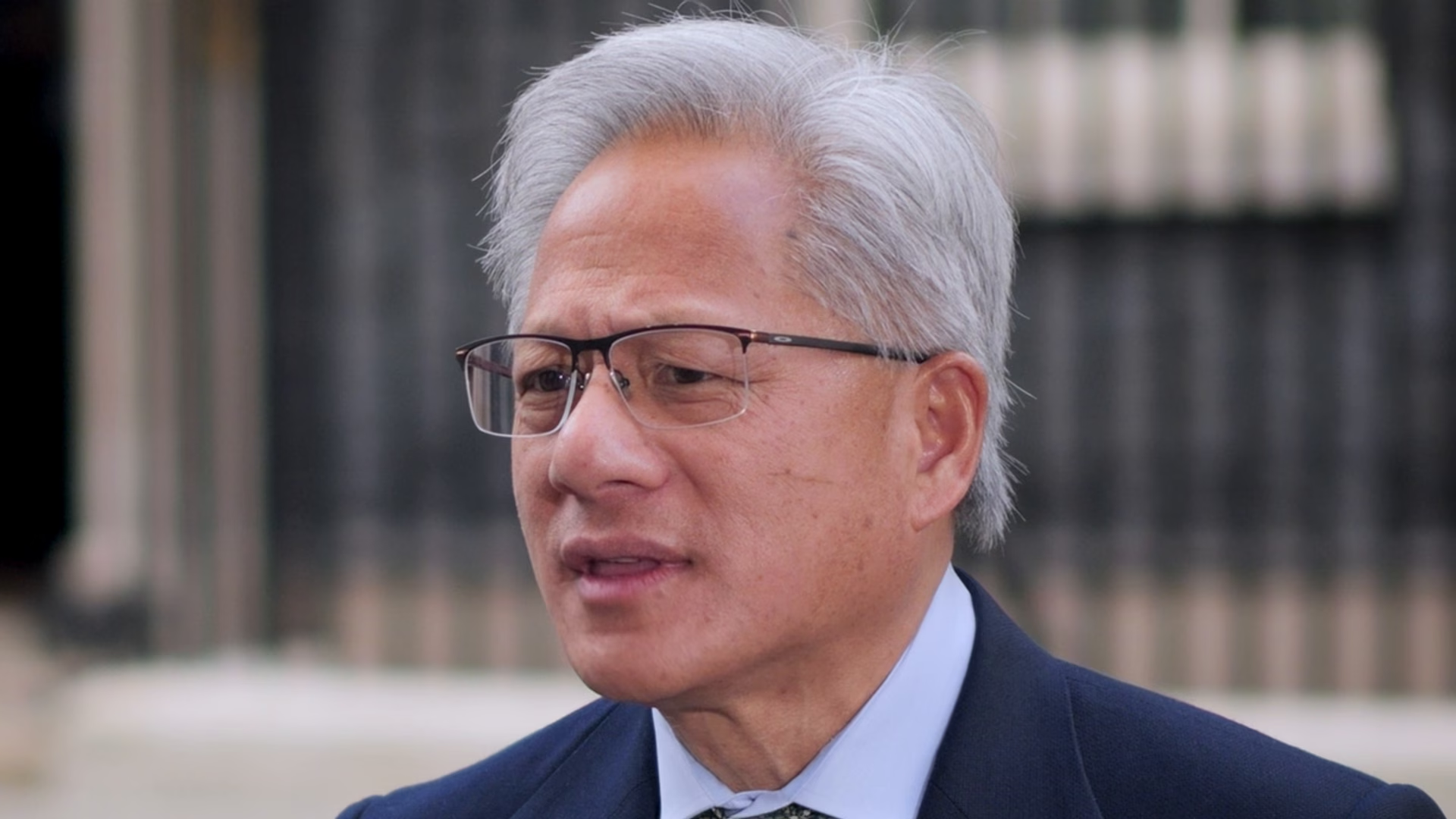
A researcher at Yale University in the United States says the paramilitary Rapid Support Forces (RSF) are digging mass graves in el-Fasher, the city in Sudan’s western Darfur region that has seen mass killings and displacement since the RSF took over last month.
Nathaniel Raymond, executive director of the Humanitarian Research Lab at Yale’s School of Public Health, told Al Jazeera on Tuesday that the RSF “have begun to dig mass graves and to collect bodies throughout the city”.
- list 1 of 3Thousands more flee as conflict in famine-stricken Sudan grinds eastwards
- list 2 of 3New light shed on el-Fasher horror as survivors arrive in Sudan’s Tawila
- list 3 of 3The TikTok-famous commander accused of carrying out Sudan’s worst massacres
end of list
“They are cleaning up the massacre,” Raymond said.
The RSF seized control of el-Fasher, the capital of North Darfur state, on October 26, after the withdrawal of the Sudanese Armed Forces (SAF), which has been fighting the paramilitary group for control of Sudan since April 2023.
More than 70,000 people have fled the city and surrounding areas since the RSF’s takeover, according to the United Nations, while witnesses and human rights groups have reported cases of “summary executions”, sexual violence and massacres of civilians.
A report from Yale’s Humanitarian Research Lab on October 28 also found evidence of “mass killings” since the RSF took control of el-Fasher, including apparent pools of blood that were visible in satellite imagery.
UN officials also warned this week that thousands of people are believed to be trapped in el-Fasher.
“The current insecurity continues to block access, preventing the delivery of life-saving assistance to those trapped in the city without food, water and medical care,” Jacqueline Wilma Parlevliet, a senior UN refugee agency (UNHCR) official in Sudan, said.
Advertisement
Sudanese journalist Abdallah Hussain explained that, before the RSF’s full takeover, el-Fasher was already reeling from an 18-month siege imposed by the paramilitary group.
“No aid was allowed to access the city, and no healthcare facilities [were] operating,” Hussain told Al Jazeera from the Sudanese capital, Khartoum, on Tuesday. “Now it’s getting even worse for the citizens who remain trapped.”
Amid global condemnation, the RSF and its supporters have tried to downplay the atrocities committed in el-Fasher, accusing allied armed groups of being responsible.
The RSF’s leader, Mohamed Hamdan Dagalo, also known as Hemedti, has also promised an investigation.
But Raymond at the Humanitarian Research Lab said: “if they want to actually have an investigation, then they need to withdraw from the city [and] let UN personnel and the Red Cross and humanitarians enter … and go house-to-house looking to see who’s still alive”.
“At this point, we can’t let the RSF investigate themselves,” he said.
Raymond added that, based on UN figures and what can be seen on the ground in el-Fasher, “more people could have died [in 10 days]… than have died in the past two years of the war in Gaza”.
“That’s what we’re talking about. That’s not hyperbole,” he told Al Jazeera, stressing that thousands of people need emergency assistance.
More than 68,000 Palestinians have been killed in Israel’s war on Gaza since October 7, 2023.
British Caribbean News


